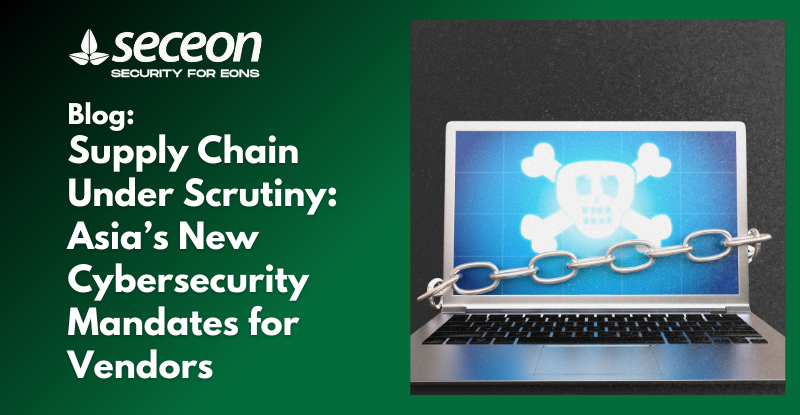
A wave of cyberattacks across Asia is pushing organizations to take a harder line on supplier cybersecurity. According to Dark Reading, both public and private sector organizations are beginning to mandate stronger risk controls from vendors—marking a notable shift in regional cybersecurity expectations.
In Japan, Kioxia Holdings, a major chipmaker, plans to roll out automated cybersecurity scans for more than 3,000 of its suppliers. Any vendor that fails the scan or doesn’t improve promptly may be removed from the supply chain. In Singapore, a new proposal would require vendors to hold nationally recognized certifications—such as the Cyber Essentials or Cyber Trust mark—before becoming eligible for public-sector contracts.
These new requirements come after a sharp increase in third-party cybersecurity incidents. According to a recent SecurityScorecard study:
As organizations become more interconnected, so too do their risks. Many of the suppliers under scrutiny are small or mid-sized firms with limited security budgets, and their compromises are increasingly being used as entry points into much larger enterprises.
The traditional approach—annual or quarterly security questionnaires—is no longer considered adequate. Instead, organizations are turning to more dynamic oversight, including:
These strategies reflect a growing consensus that trust must be earned continuously—not just during onboarding.
Whether or not a vendor operates in Asia, these trends may soon become global standards. Organizations that want to remain competitive in regulated industries, critical infrastructure, or government contracting should be prepared for:
As global supply chains grow more digitized and interdependent, security responsibility is shifting outward. Buyers are no longer accepting risk on behalf of suppliers—they expect active, verifiable defense.
Asia’s latest cybersecurity mandates aren’t just local headlines—they’re a preview of where global supplier relationships may be headed. For vendors in the region and beyond, proactive cybersecurity isn’t just good practice—it’s becoming a requirement.
Security solutions that enable machine learning–driven detection, automate hunting, and deliver unified visibility across the attack surface will be increasingly valuable to meet evolving customer and regulatory expectations.
Tools like Seceon’s AI-powered platform can help organizations of all sizes meet these rising standards—before they become mandatory.
